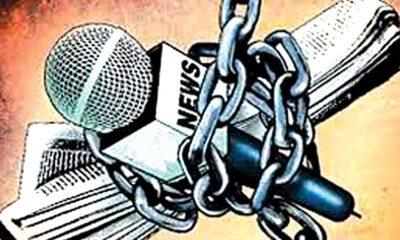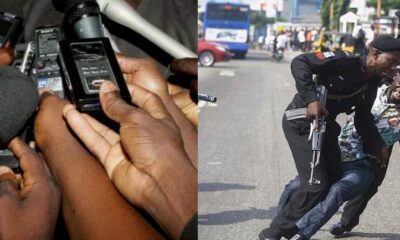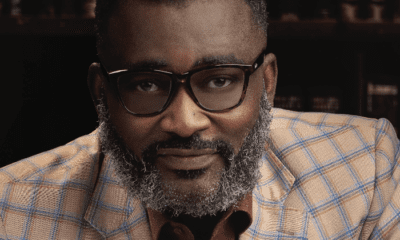

Given the foregoing, it is germane to opine that for journalism to regain its dignity, systemic changes are necessary. Media organizations must prioritize fair wages and...


The idea that Nigerians are "chasing shadows and praying for miracles" can be interpreted as a critique of societal tendencies to seek quick, often unattainable solutions...


Despite the negative aspects of journalism in Nigeria, one thing remains abundantly clear: professional training still matters. Journalists who have undergone formal education and training understand...


While it is unclear if anything has been done to honor Akogwu's memory, it is evident that Nigerian media can do more to celebrate its members,...


The gap between theoretical understanding and real-world application of defamation laws poses significant risks to free speech and journalism in Nigeria. Cases like Afe Babalola versus...


For Christian journalists, the question is not just about what they report, but how they report it. Can they be faithful to their calling as truth-tellers,...


Transparency also plays a crucial role. By openly discussing their methodologies and acknowledging errors, journalists build trust with their audiences. This approach not only fosters credibility...


According to Aleph’s data on the Nigerian market, while both genders actively engage with digital platforms, there are subtle differences in their consumption patterns.


Journalists are friends of society, not enemies. Their work ensures that truth, fairness, and accountability are upheld, and this is to the benefit of everyone. Rather...


As consumers and beneficiaries of media, celebrities in politics and the entertainment industry and even in security formations must also recognize the collective roles of Nigerian...